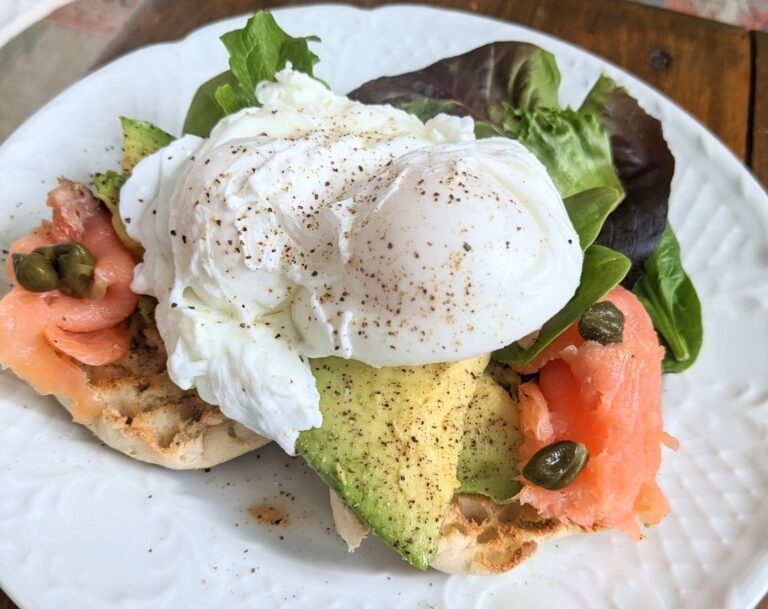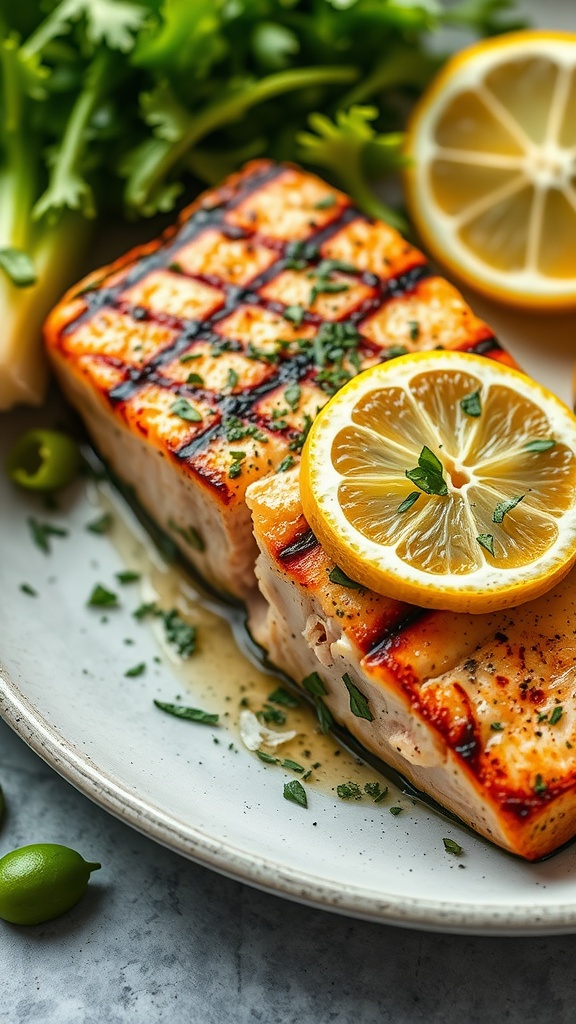What if I told you that your energy levels, mental clarity, skin health, and even mood are all directly linked to your gut? That the difference between waking up refreshed and focused or feeling sluggish and bloated could be hidden in your gut microbiome?
Scientists now call the gut the “second brain”, and for good reason. The trillions of bacteria living in your intestines do more than just digest food—they control inflammation, regulate metabolism, and even influence your immune system.
The problem? Modern diets are destroying gut health. Ultra-processed foods, artificial sweeteners, and even everyday stress can throw your gut completely out of balance, leading to digestive issues, brain fog, fatigue, weight gain, and more.
The good news? You can take control of your gut health today—starting with the right foods.
In this guide, we’ll uncover the most powerful gut-friendly foods, break down the science behind how they transform your health, and give you a simple, actionable plan to nourish your gut naturally.
Ready to finally get your gut working for you instead of against you?
Let’s dive in.
Why Gut Health Matters
Your gut microbiome is home to trillions of bacteria, working behind the scenes to support digestion, immunity, and overall health. But when the balance between good bacteria and bad bacteria is thrown off, it can impact everything from your intestinal health to your energy levels and even your mood.
Signs of an Unhealthy Gut
- Bloating, gas, or irritable bowel syndrome (IBS) symptoms
- Frequent colds or a weak immune system
- Skin issues like acne or eczema
- Brain fog, fatigue, or mood swings
- Obesity and difficulty managing weight
The good news? Your diet may be the key to a healthy gut. Let’s dive into the best foods to eat for a healthy gut microbiome and the ones to avoid.
The Best Foods for a Thriving Gut Microbiome
A diverse microbiome thrives on nutrient-rich, fiber-packed foods. Here’s what to load up on:
Fermented Foods: A Natural Source of Probiotics
Fermented foods introduce beneficial bacteria into your gut microbiota, promoting better digestive health and reducing inflammation.
Best sources:
- Yogurt with live cultures
- Kimchi and sauerkraut
- Kefir
- Miso and tempeh
- Kombucha
Prebiotic Foods: Nourishing Your Gut Bacteria
Prebiotics are a type of dietary fiber that feed the good bacteria in your large intestine, helping them multiply and thrive.
Best sources:
- Garlic, onions, and leeks
- Bananas
- Asparagus and artichokes
- Oats and whole grains
- Flaxseeds
Polyphenol-Rich Foods: Gut-Supporting Antioxidants
Polyphenols impact your gut by reducing harmful bacteria and feeding the gut microbes that support metabolism and immune system function.
Best sources:
- Dark chocolate (high cacao)
- Green tea and coffee
- Berries
- Red wine (in moderation)
Healthy Fats: Supporting the Gut Barrier
A Mediterranean diet rich in healthy fats has been shown to improve gut health naturally, reducing inflammatory bowel disease and supporting the gut barrier.
Best sources:
- Extra virgin olive oil
- Avocados
- Nuts and seeds
- Fatty fish (salmon, sardines)
Bone Broth and Collagen: Healing the Gut Lining
For those with leaky gut or ulcerative colitis, collagen-rich foods help repair the intestinal lining and support better gut health.
Best sources:
- Bone broth
- Collagen peptides
- Gelatin-based foods
Foods That Wreck Your Gut Health
Just as some foods improve gut health, others can encourage harmful bacteria, disrupt gut microbiomes, and lead to chronic digestive health issues.
Foods to avoid:
- Ultra-processed foods – Damage gut microbes and promote insulin resistance.
- Artificial sweeteners – Alter species of bacteria in the gut, increasing risk of metabolic syndrome.
- Sugary foods and refined carbs – Feed fungus and bacteria from your large intestine that lead to overgrowth.
How to Eat for a Healthy Gut Every Day
Want to balance your gut microbiome and promote a healthy body? Follow these simple, science-backed steps:
- Start your morning with a probiotic—kefir, yogurt, or kimchi.
- Eat fiber for your gut—load up on prebiotic foods like garlic, oats, and bananas.
- Stay hydrated—water and herbal teas support the small intestine and digestion.
- Limit stress—your gut and brain are connected; chronic stress affects bacteria in your gut.
- Try fasting—intermittent fasting may increase microbial diversity.
Final Thoughts: The Key to a Healthy Gut
Your microbiome is unique, and what works for one person may not work for another. But by changing your diet and adding probiotics, prebiotics, and gut-friendly nutrients, you can nourish your gut and transform your health from the inside out.
Want to optimize your digestive health even further?
Explore 1:1 Health Coaching, a cutting-edge, DNA-driven, precision approach to integrative nutrition.
Personalized to your biology, tailored to exclusively to reach your peak wellbeing.







